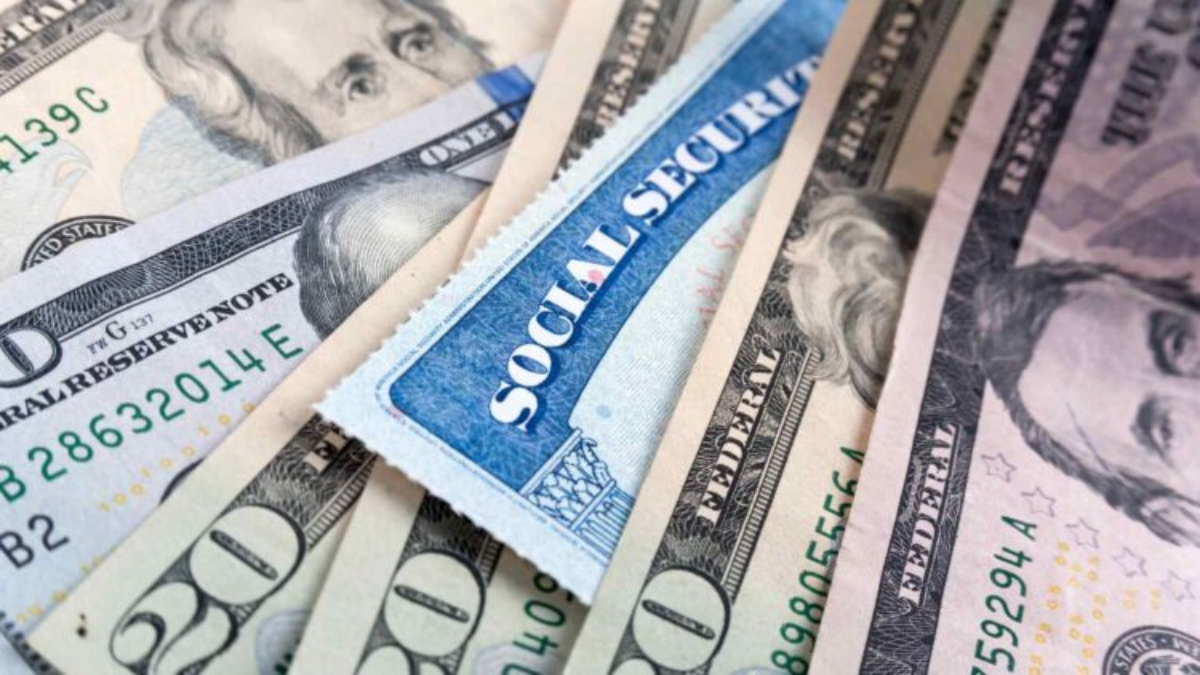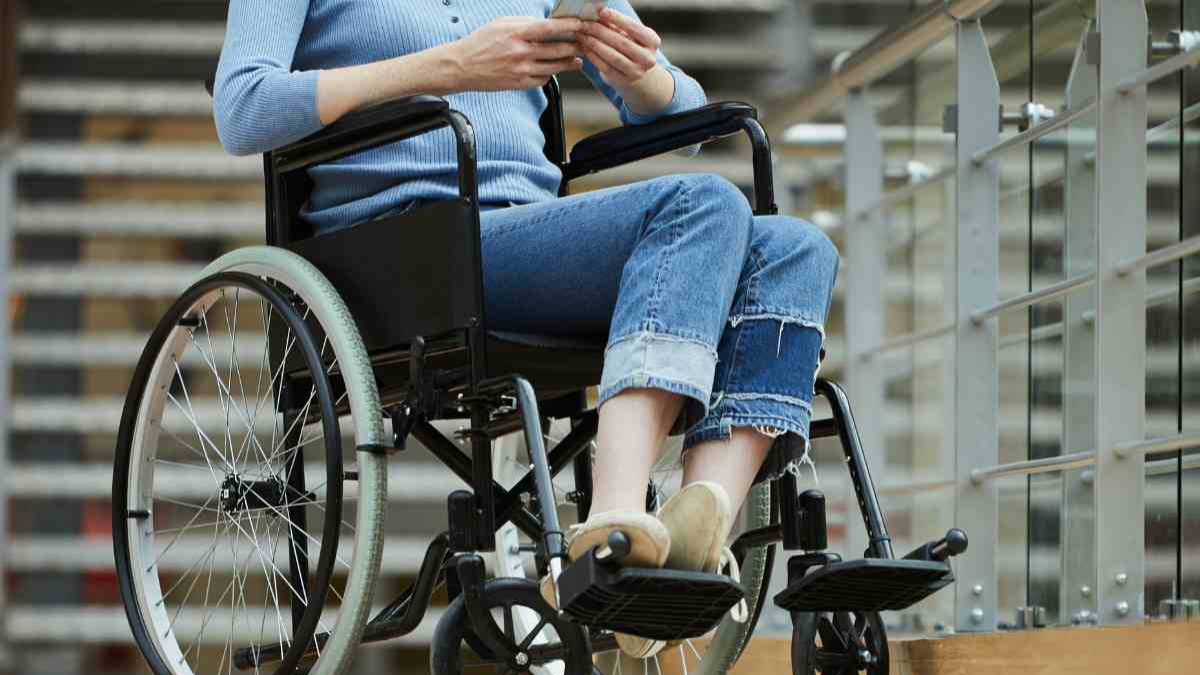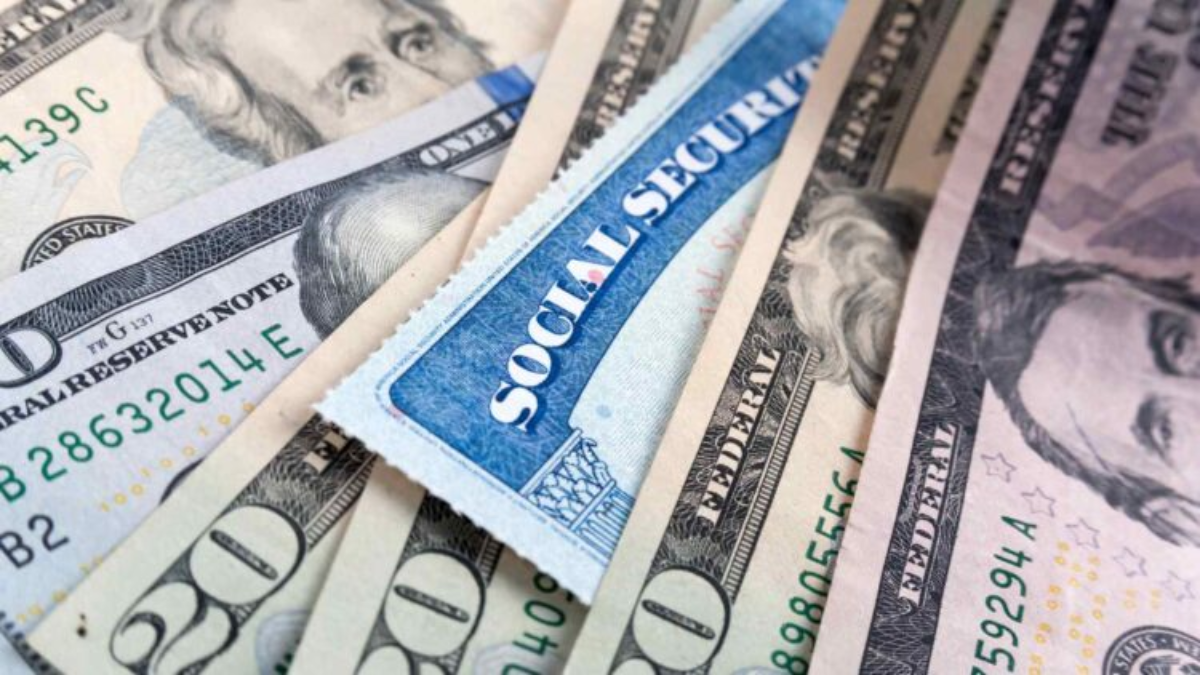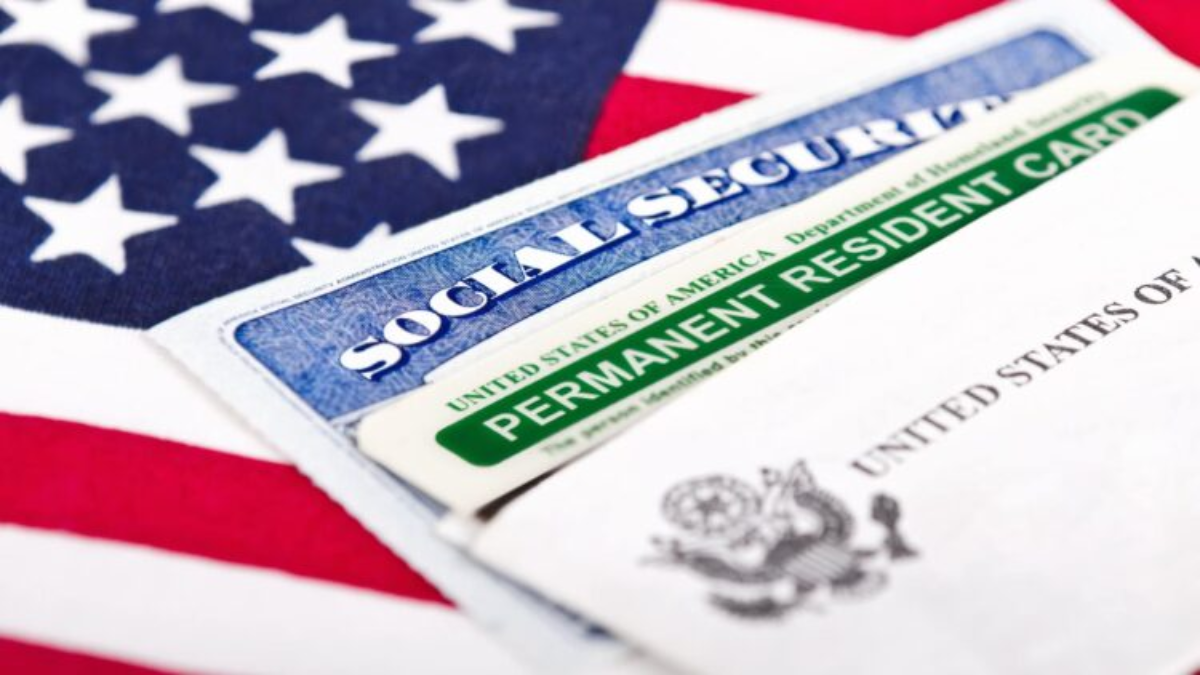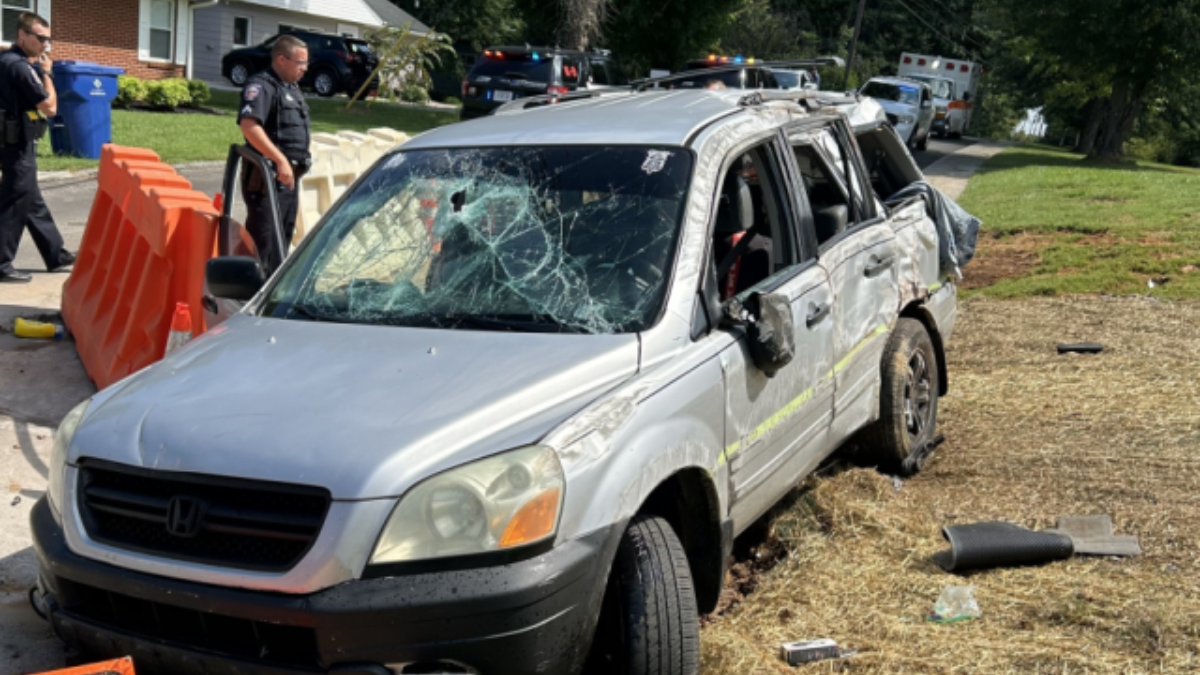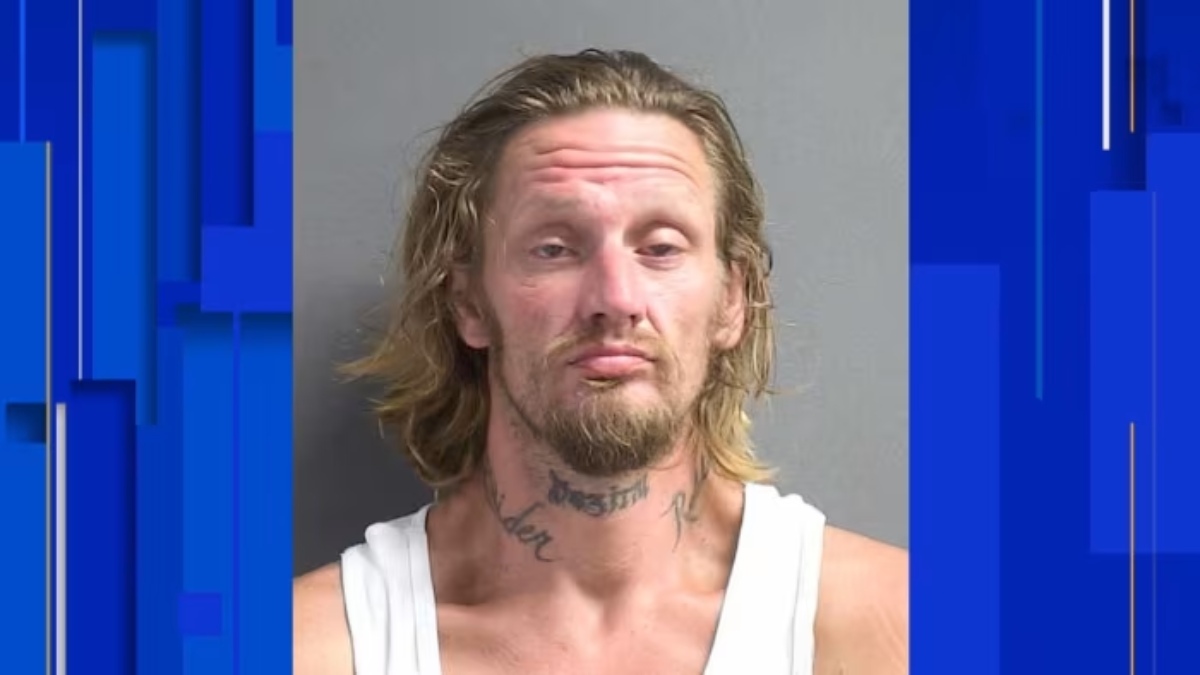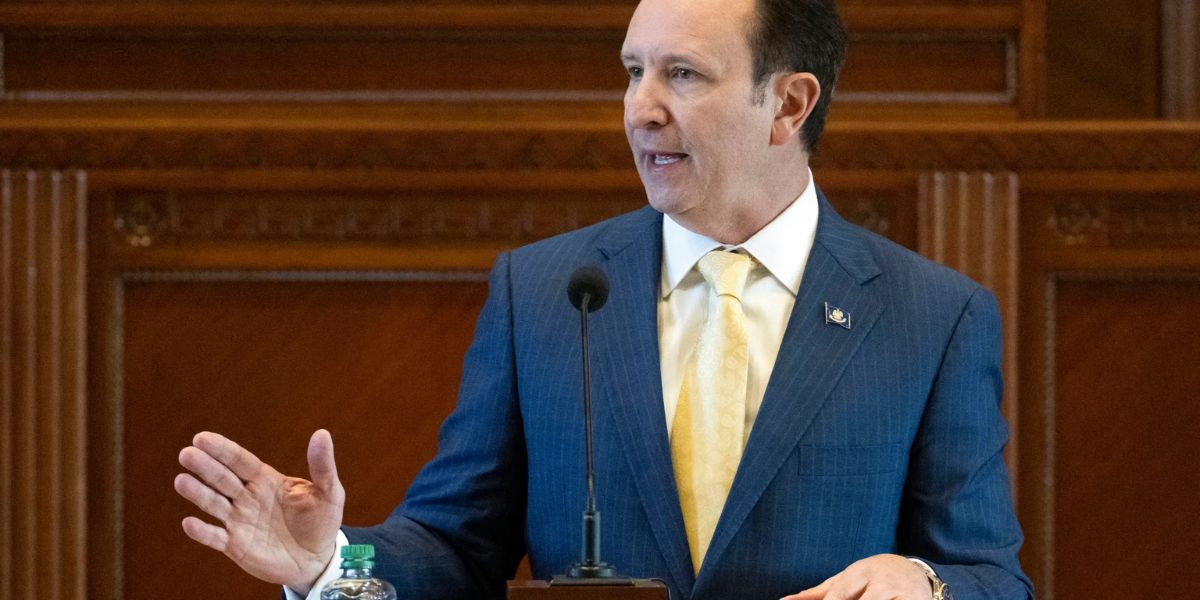Louisiana’s New Law Raises Concerns: Will It Limit Public’s Right to Film Police?
Critics of a new Louisiana legislation that puts approaching within 25 feet (7.6 meters) of a police officer a crime in some circumstances are concerned that the policy will limit the public’s ability to video officers, a technique that is increasingly being utilized to hold police responsible.
According to the law, anyone guilty of “knowingly or intentionally” approaching an officer who is “lawfully engaged in the execution of his official duties” after being ordered to “stop approaching or retreat” faces a $500 fine, up to 60 days in jail, or both. Gov. Jeff Landry, a Republican, signed the measure on Tuesday, and it will take effect on August 1.
While the legislation’s language does not expressly address filming, critics argue that it will limit how near a civilian can get to witness police. Opponents have also questioned the law’s constitutionality, claiming it may violate a person’s First Amendment rights.
Proponents believe that the new regulation will create a buffer zone to preserve officers’ safety while still allowing onlookers to film police interactions.
Bystander smartphone videos are often recognized for exposing police misbehavior, such as the 2020 death of George Floyd at the hands of Minneapolis officers, and shifting the discourse about police openness.
Others have attempted to establish a specified range at which passersby can record cops actively engaged in law enforcement responsibilities.
In 2022, Arizona lawmakers approved legislation making it unlawful to intentionally film police personnel 8 feet (2.5 meters) or closer if the officer orders the person to stop. A combination of media organizations and the American Civil Liberties Union successfully sued to overturn Arizona’s statute, and a federal judge ruled it illegal, citing an infringement on a clearly established right to film police officers performing their duties.
In comparable cases, half of all U.S. appeals courts nationwide have decided in favor of allowing civilians to record police without limitation.
The Louisiana measure’s author, state Rep. Bryan Fontenot, stated that the proposal was meant to give officers “peace of mind and a safe distance to do their job.”
“At 25 feet, that person can’t spit in my face when I’m making an arrest,” Fontenot said while presenting his measure to a committee earlier this year. “The chances of him hitting me in the back of the head with a beer bottle at 25 feet — it sure is a lot more difficult than if he’s sitting right here.”
Last year, then-Democratic Governor John Bel Edwards vetoed a nearly identical bill. Edwards described the proposal as “unnecessary” and warned that it may be used “to chill the exercise of First Amendment rights.”
“Each of us has a constitutional right to freely observe public servants as they function in public and within the course and scope of their official duties,” Edwards, who served in the United States Army and was the son of a sheriff, stated in his veto statement last year. “Observations of law enforcement, whether by witnesses to an incident with officers, individuals interacting with officers, or members of the press, are invaluable in promoting transparency.”
However, with a new conservative governor in office and the GOP maintaining a supermajority in the Louisiana Legislature, the bill had a clear route ahead.
The measure appears to contain some safety nets, stating that an acceptable “defense to this crime” includes demonstrating that the “lawful order or command was neither received nor understood by the defendant.”

